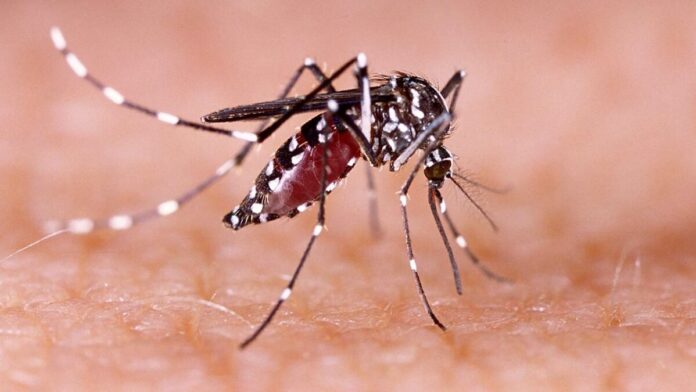Protecting babies from dengue is essential, as they are more vulnerable to the disease due to their underdeveloped immune systems. Here are seven important tips for parents to help protect their babies from dengue:
1. Mosquito Repellent:
Use baby-safe mosquito repellents recommended by pediatricians. Apply them on the baby’s clothing and exposed skin. Avoid using repellents on a baby’s hands and face, and use mosquito nets or screens on cribs.
2. Dress Appropriately:
Dress your baby in long-sleeved clothing and pants to minimize exposed skin, especially during dawn and dusk when mosquitoes are most active.
3. Mosquito Nets:
Use mosquito nets over the baby’s crib or bassinet to ensure they sleep in a mosquito-free environment.
4. Eliminate Breeding Sites:
Remove or regularly empty containers that can collect stagnant water in and around your home, as these are breeding grounds for mosquitoes. Keep the baby’s surroundings clean and dry.
5. Window and Door Screens:
Install screens on windows and doors to prevent mosquitoes from entering the house.
6. Avoid Peak Mosquito Activity Times:
Try to keep your baby indoors during the early morning and early evening when mosquitoes are most active.
7. Vaccination:
In regions where a dengue vaccine is available, consult your pediatrician about the vaccination schedule for your baby. However, it’s important to note that there may be age restrictions for dengue vaccines, and not all regions have approved dengue vaccines.
Additionally, it’s crucial for parents to be aware of dengue symptoms, such as high fever, severe headaches, joint and muscle pain, and rashes. If your baby shows any of these symptoms, seek immediate medical attention. Early detection and proper medical care can make a significant difference in the outcome of dengue infection in infants.
